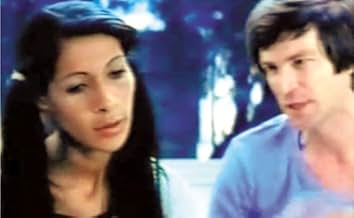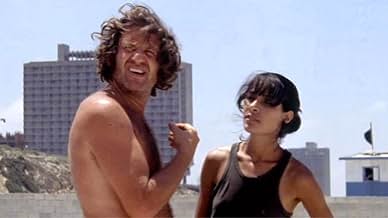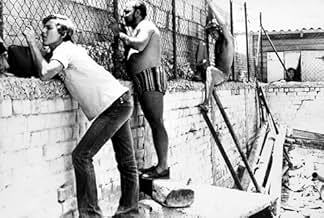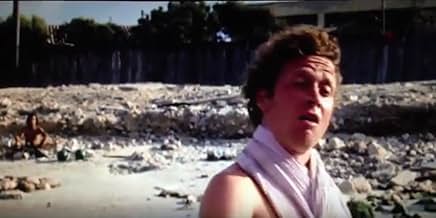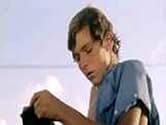Metzitzim
- 1972
- 1h 30m
Gote and Eli are two aging friends who don't want to age. Gote is a lifeguard who's fighting peepers on the Tel-Aviv beach. Eli is a guitar player who dreams of building a night club in Altm... Read allGote and Eli are two aging friends who don't want to age. Gote is a lifeguard who's fighting peepers on the Tel-Aviv beach. Eli is a guitar player who dreams of building a night club in Altman's restaurant.Gote and Eli are two aging friends who don't want to age. Gote is a lifeguard who's fighting peepers on the Tel-Aviv beach. Eli is a guitar player who dreams of building a night club in Altman's restaurant.

